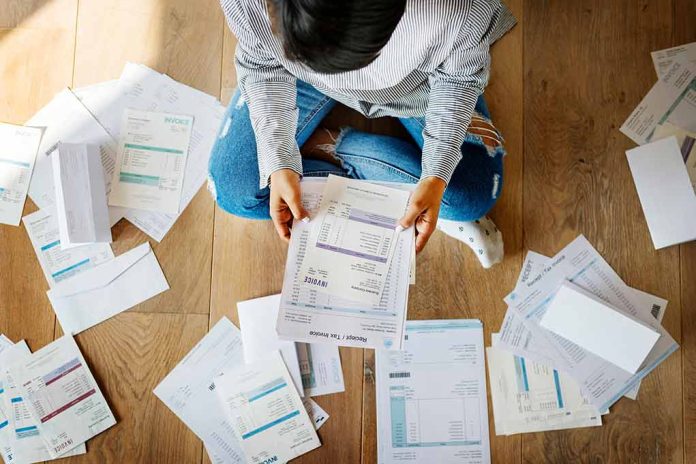
(NationRise.com) – Owing taxes is scary stuff. The media has created a negative reputation for the IRS, with outdated concepts of debtors’ prisons and harassing phone calls.
Unlike private companies committed to collections, however, the IRS is relatively easy to work with and is interested in hearing from you if you owe. They want to work something out. Here’s what to do if you owe tax debt.
1. Don’t Ignore the Debt
Whatever you do, don’t ignore the tax debt, as it will accrue interest. The more open you are about communicating with the IRS, the more interested they will be in helping you figure out a way forward.
Additionally, debt takes a toll on you: scientific studies have demonstrated that debt is a contributing factor to the depression many Americans experience — in addition to anxiety. In these situations, it can lead to a situation where you might shut down to pretend the debt doesn’t exist. Instead, it’s recommended to keep the lines of communication open.
While it’s true that the IRS can take money out of your paychecks, assets, and bank accounts, that’s a last resort for them, and they offer many alternatives before it gets that bad.
Note that you will accrue interest on what you owe, but paying the amount off early could lower that interest and your total owed amount.
2. Hire a Pro
If you can afford an accountant, you should always hire one. And if you’re in debt to the IRS, you should also hire one. This is especially true for people who are self-employed and own their own business. Accountants know more about tax law and can help you minimize what you owe to begin with.
If you owe, they can help you minimize what you owe in the future with legitimate deductions while you catch up on what you already owe to the IRS.
3. Communicate and Make a Plan with the IRS
The IRS is way less scary than movies and TV shows make them out to be. If you owe money and can’t pay up right away, it’s not really a problem. The IRS has plenty of ways to help.
If you file prior to the tax deadline and you owe, you have a few options. The first is to get the money together and pay by the deadline.
If you don’t have the money, you can enter into a long-term or short-term payment plan with the IRS. A short-term plan splits the payments up into equal amounts so it’s paid by a set date. A long-term plan is more like a monthly installment, payable until the debt is paid off. The agency has to agree to the payment plan, and once you sign the agreement, you must comply. You can set up a payment plan with the IRS here.
There is one more payment option which is quite appealing if you can afford it. You can go for an Offer Compromise. This lets you pay less than what you owe, but still a lump sum amount. You can use the qualifier tool to see if this might work for you.
You can reach the IRS directly by calling 1-800-829-1040. Agents are happy to help you set up a payment plan or discuss any of these options in more detail.
Remember: your state and local taxes are different from the IRS and what you owe them. If you’ve taken care of your federal taxes, you may still have state or local taxes to consider. Call your county and state tax authorities or consult your accountant if you are not sure whether you owe these other tax payments.
Copyright 2023, NationRise.com






















